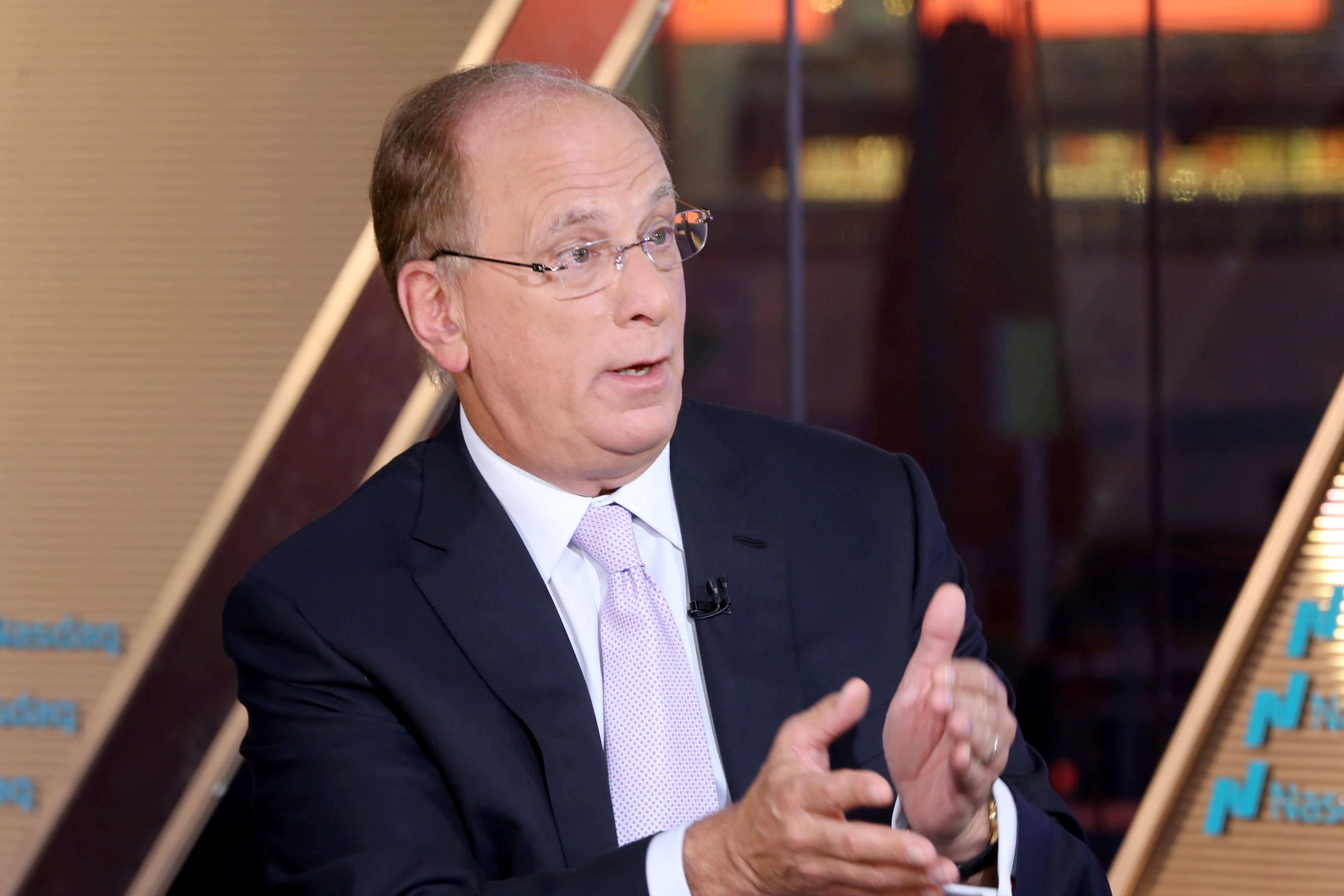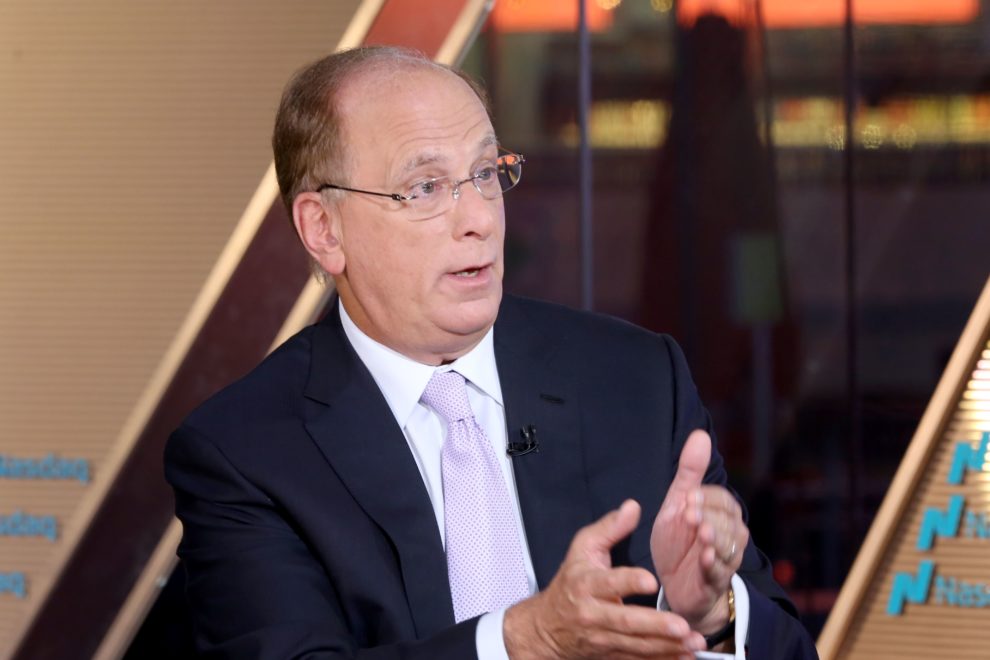
BlackRock Chairman and CEO Larry Fink told CNBC on Tuesday that financial conditions around the world are being supported by central banks and they’re better than they seem.
“We’re paying so much attention to political and geopolitical issues that we’re losing sight that the world still is moving forward,” Fink said on “Squawk Box.” “It’s not great but not as bad as we feel every morning we wake up.”
Fink said the stock market is “properly valued overall,” adding, “I don’t see that many extremes,” especially given supportive global monetary policy. He said he’s not worried about the economy until after the 2020 election. He said he waiting for the presidential race to mature before choosing a candidate to support. He supported Hillary Clinton in 2016.
Asked if he’s a banker who fears Democratic presidential candidate Elizabeth Warren‘s bank-bashing and wealth-taxing proposals, Fink said he’ll start paying closer attention to politics after the primaries and caucuses next year.
BlackRock on Tuesday announced third-quarter earnings that beat expectations and revenue that basically matched estimates. Assets under management rose 8% in the third quarter to just under $7 trillion.
The company attracted $84.25 billion in new money during the quarter, providing a peek into the risk appetite of investors amid fears of a slowing U.S. economy.
Investors preferred BlackRock’s low-fee passive-investment products over its actively managed funds. BlackRock’s iShares ETFs took in $41.5 billion of new money, up 15% from the prior quarter.
BlackRock is trying to become a bigger provider of technology used by Wall Street firms to combat competitive pricing pressures in the asset management business. The company’s technology unit continued its robust growth with a 30% rise in revenue.
Net income fell to $1.12 billion, or $7.15 per share, in the third quarter ended Sept. 30 from $1.22 billion, or $7.54 per share, a year earlier.
Analysts had expected a profit of $6.96 per share, according to IBES data from Refinitiv.
Appearing on CNBC one week before the S&P 500 reached an all-time high on July 26, Fink said at the time many of his clients and hedge funds were taking risk off the table. He said then that such a move was a mistake.
“People are underinvested in equities,” Fink said during July’s interview. “We are still constructive on the world.”
The S&P 500 had a volatile summer on trade headlines, with August becoming the second down month of the year. September saw a monthly bounce. Halfway through October the S&P 500 is little changed for the month. The index is up more than 18% for the year.
U.S. stocks opened higher Tuesday after the S&P 500 fell modestly Monday as new worries around a U.S.-China trade agreement emerged, with reports that China wants to have additional trade talks before signing what President Donald Trump characterized Friday as a “very substantial phase one deal.”
Trump on Friday also said the Federal Reserve should still lower interest rates again even though China and the U.S. moved toward a trade deal. The markets expect with more than 72% odds that the Fed will cut rates by a quarter-point for a third time this year at its meeting later this month. Central bankers cut rates for the first time in more than a decade in July. They cut again in September.
The president has repeatedly bashed the Fed for not reducing borrowing costs even further. In a tweet last month, Trump called Fed Chairman and the other central bankers “boneheads” and urged them to “get our interest rates down to ZERO, or less.”
On CNBC on Tuesday, Fink cautioned against the kind of negative rates seen in Japan and Europe. “I don’t believe negative rates and persistent negative rates translate into more economic activity. It may translate into a depressive element into the economy – especially in Europe and Japan, where 82% of savings is in a bank account. So, they’re not enjoying the success that Americans do with low or negative interest rates.”
CNBC’s before the bell news roundup
Get this delivered to your inbox, and more info about about our products and services.
By signing up for newsletters, you are agreeing to our Terms of Use and Privacy Policy.
—Reuters contributed to this report.











Add Comment